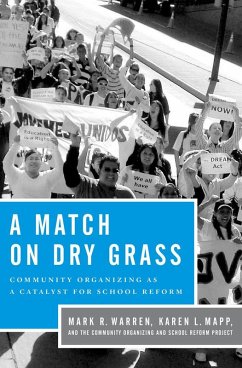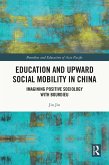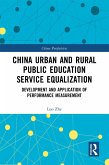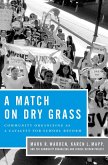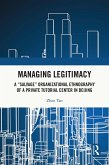The persistent failure of public schooling in low-income communities constitutes one of our nation's most pressing civil rights and social justice issues. Many school reformers recognize that poverty, racism, and a lack of power held by these communities undermine children's education and development, but few know what to do about it.
A Match on Dry Grass argues that community organizing represents a fresh and promising approach to school reform as part of a broader agenda to build power for low-income communities and address the profound social inequalities that affect the education of children. Based on a comprehensive national study, the book presents rich and compelling case studies of prominent organizing efforts in Chicago, New York City, Los Angeles, Denver, San Jose, and the Mississippi Delta. The authors show how organizing groups build the participation and leadership of parents and students so they can become powerful actors in school improvement efforts. They also identify promising ways to overcome divisions and create the collaborations between educators and community residents required for deep and sustainable school reform. Identifying the key processes that create strong connections between schools and communities, Warren, Mapp, and their collaborators show how community organizing builds powerful relationships that lead to the transformational change necessary to advance educational equity and a robust democracy.
Dieser Download kann aus rechtlichen Gründen nur mit Rechnungsadresse in A, B, BG, CY, CZ, D, DK, EW, E, FIN, F, GR, HR, H, IRL, I, LT, L, LR, M, NL, PL, P, R, S, SLO, SK ausgeliefert werden.

